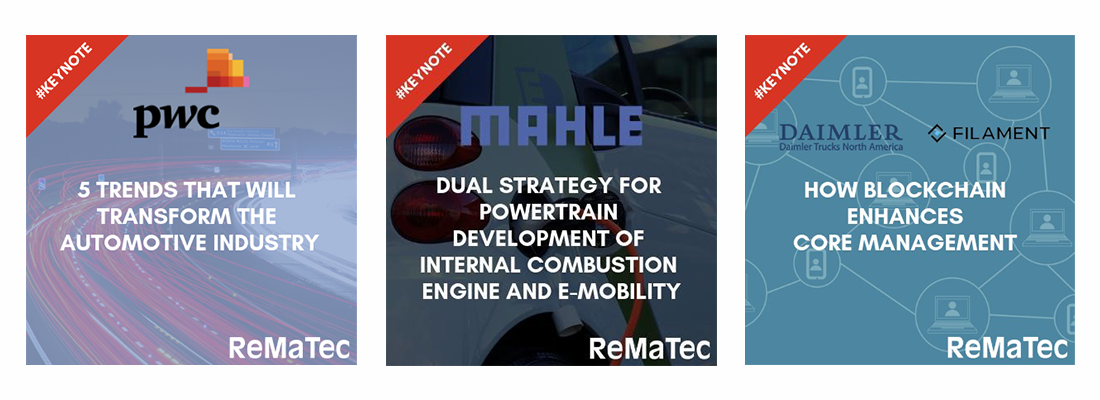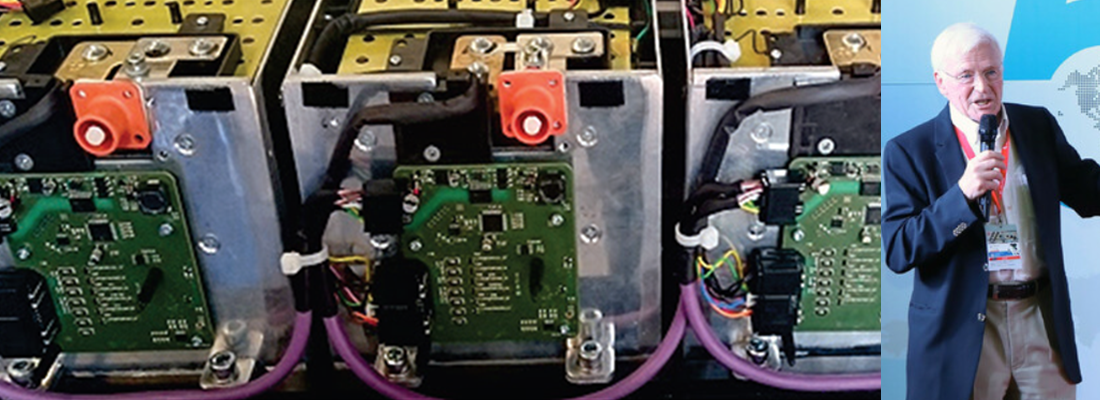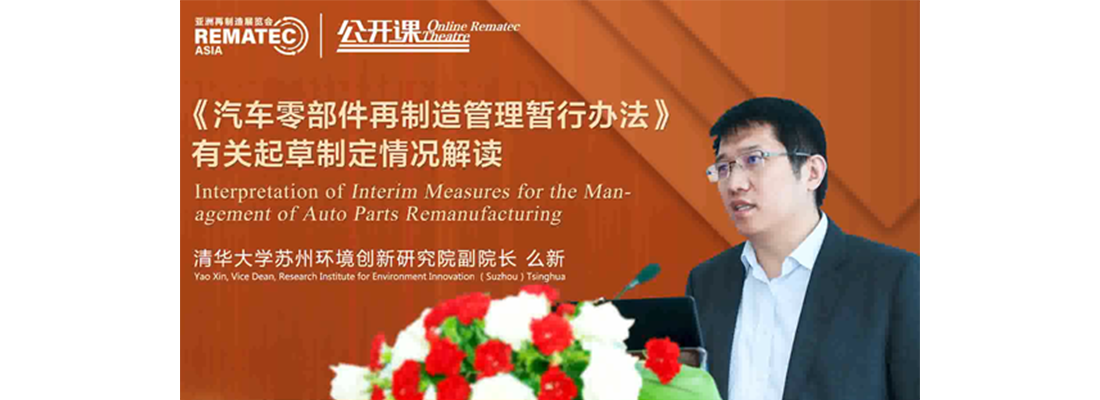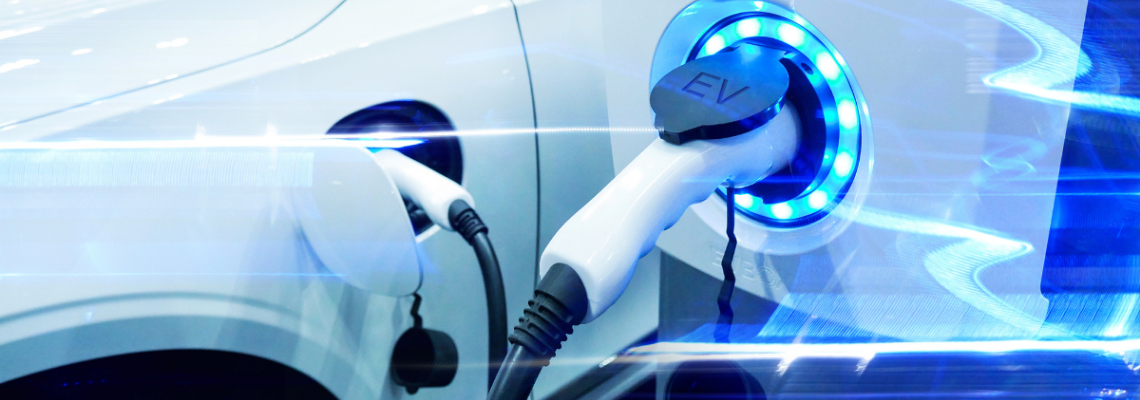A look at the latest trends
One of the highlights of ReMaTec 2019 will be the keynote speeches from experts in various fields who bring a different perspective to the business of remanufacturing
It won’t have escaped your notice that the high street is changing fast. Subscription payment models have disrupted and transformed the TV and music industries (for example, Netflix and Spotify). Trends in automotive such as automation, electrification and connectivity have the potential to make the same sort of impact. Tech companies have entered the market, technological innovations and new business models will affect reman. Consider new mobility services, where cars are not owned, just rented as part of a transport package when people need them. That’s a long way from everyone having their own car as a badge of status. People will increasingly realise that, unlike most assets they buy, you might not use your car for 90% of the time.
Add that to the fact that vehicles are lasting longer than they used to – and therefore need less maintenance, repair and, yes, remanufacture than before. Perhaps most significantly, the pillar of mobility for most of the last century, the internal combustion engine, is under serious threat from new propulsion technologies. Governments are concerned about air quality and the health of their citizens. There is only one direction of travel here. You can see why smart remanufacturers are looking for new revenue streams, and new skills.
This uncertain backdrop has inspired the theme of ReMaTec’s 10th edition: ‘Investigating the Future: Remanufacturing Opportunities and Challenges in a Transforming Industry’. Horizon scanning has always been a prerequisite of businesses, but somehow it seems a little more urgent now when technological change is happening all around us.
During the conference sessions at ReMaTec 2019 in Amsterdam this June, visitors will be able to hear more from people who are already experiencing these trends. Three keynote speeches will point the way in which the automotive industry is going and explain how the remanufacturing industry of tomorrow could benefit from future opportunities.
Christoph Stürmer, global lead analyst at PwC Autofacts, is author of PwC’s report on the major changes that are rippling through the industry – and what those changes mean. His talk will be ‘How automotive trends will affect the parts remanufacturing industry’.
Christoph Dutschke of Mahle Aftermarket shares how the company views combustion, hybrid, electrified and fuel cell drivetrains in the keynote speech ‘Dual Strategy for Powertrain Development of Internal Combustion Engine and E-mobility’.
Finally, reverse logistics remains instrumental to each remanufacturing process, and a joint keynote by Allison Clift-Jennings, CEO of Filament, and Yelena Tanaomi, senior business development specialist at Daimler Trucks North America, shares insights on their blockchain project. Core management in the commercial vehicle manufacturing industry is laden with manual steps, numerous involved parties, burdensome documentation requirements, and supply chain challenges. The two companies are using this little-understood technology to enhance core management, providing clarity down the supply chain and reducing the transaction cost of deposits. Their session is: ‘How Blockchain Technology Enhances Core Management’.






